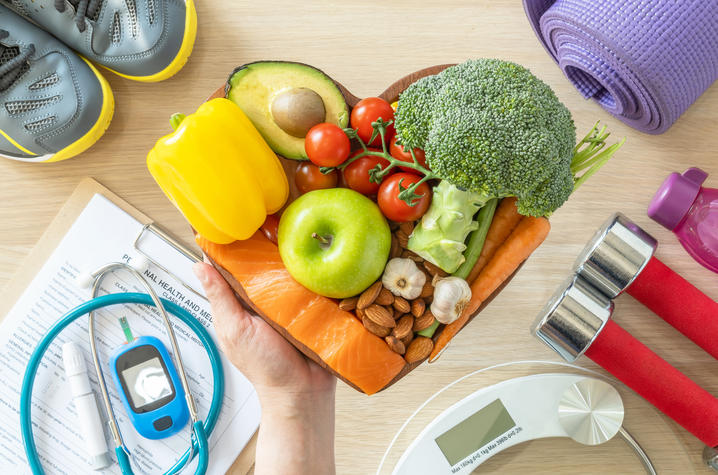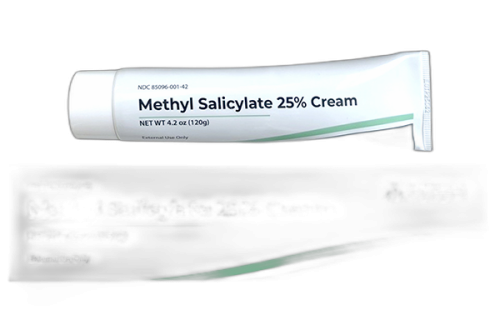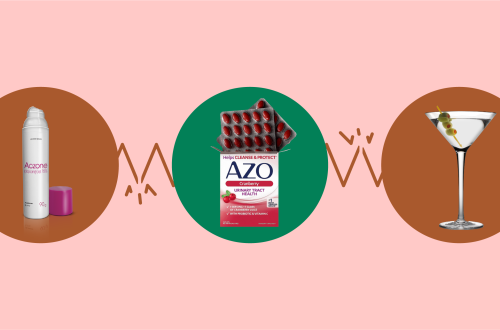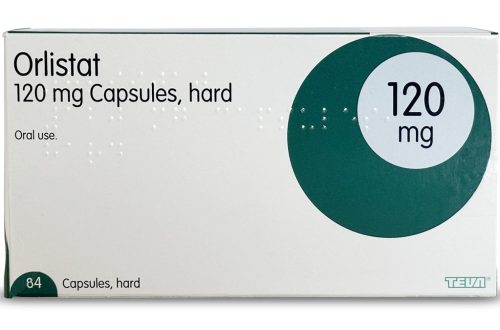Introduction
Cancer is a complex disease influenced by genetic, environmental, and lifestyle factors. While some risk factors, like age and genetics, cannot be changed, many lifestyle choices can significantly impact your risk of developing certain cancers. Adopting healthy habits empowers you to take control of your well-being and lower your cancer risk.
This article explores key lifestyle factors that can reduce cancer risk, backed by scientific evidence, and offers practical tips to incorporate into daily life.
Understanding Cancer Risk
Cancer develops when cells grow uncontrollably due to genetic mutations. These mutations can be caused by:
- Inherited gene changes.
- Environmental exposures (radiation, chemicals).
- Lifestyle factors (diet, tobacco, alcohol, physical activity).
While genetic predisposition is unmodifiable, lifestyle modifications can prevent many cancers or delay their onset.
1. Avoid Tobacco Use
Why It Matters
- Tobacco smoke contains carcinogens linked to lung, mouth, throat, bladder, kidney, pancreas, and cervical cancers.
- Smoking is the single largest preventable cause of cancer worldwide.
How to Reduce Risk
- Avoid smoking cigarettes, cigars, and pipes.
- Avoid exposure to secondhand smoke.
- Seek support to quit tobacco if currently using it (counseling, nicotine replacement).
2. Maintain a Healthy Diet
Why It Matters
- Diet influences inflammation, obesity, and exposure to carcinogens.
- Diets rich in processed meats, red meat, and low in fruits and vegetables are linked to increased risk of colorectal and other cancers.
Healthy Eating Tips
- Eat plenty of fruits, vegetables, and whole grains.
- Limit red and processed meats.
- Choose lean protein sources such as fish, poultry, legumes.
- Reduce sugar and highly processed foods.
- Use healthy fats like olive oil and nuts.
3. Maintain a Healthy Weight
Why It Matters
- Excess body fat is associated with increased risk of breast, colon, esophageal, kidney, and pancreatic cancers.
- Obesity promotes inflammation and hormone imbalances, contributing to cancer.
How to Maintain a Healthy Weight
- Balance calorie intake with physical activity.
- Avoid excessive consumption of sugary drinks and high-calorie foods.
- Monitor weight regularly and consult healthcare providers for support if needed.
4. Engage in Regular Physical Activity
Why It Matters
- Exercise lowers the risk of breast, colon, and endometrial cancers.
- Physical activity helps maintain a healthy weight and boosts immune function.
Exercise Recommendations
- Aim for at least 150 minutes of moderate aerobic activity or 75 minutes of vigorous activity weekly.
- Include strength training exercises twice a week.
- Incorporate movement into daily routines (walking, cycling, stairs).
5. Limit Alcohol Consumption
Why It Matters
- Alcohol increases risk of breast, liver, colorectal, mouth, throat, and esophageal cancers.
- The risk rises with the amount of alcohol consumed.
Guidelines
- Limit alcohol intake to no more than one drink per day for women and two for men.
- Avoid binge drinking.
6. Protect Yourself from the Sun
Why It Matters
- Ultraviolet (UV) radiation from the sun causes skin cancers, including melanoma.
Sun Safety Tips
- Use broad-spectrum sunscreen with SPF 30 or higher.
- Wear protective clothing, hats, and sunglasses.
- Seek shade during peak sun hours (10 a.m. to 4 p.m.).
- Avoid tanning beds.
7. Get Regular Health Screenings and Vaccinations
Why It Matters
- Screenings detect cancer early when treatment is more effective.
- Vaccines prevent infections linked to cancer (e.g., HPV, Hepatitis B).
Recommendations
- Follow screening guidelines for breast, cervical, colorectal, and lung cancers.
- Get HPV vaccination to reduce risk of cervical and other cancers.
- Vaccinate against Hepatitis B to lower liver cancer risk.
8. Avoid Exposure to Carcinogens
Common Carcinogens
- Asbestos, radon gas, and certain chemicals at work or home.
- Limit exposure by following safety guidelines and using protective gear.
9. Manage Stress and Prioritize Mental Health
Why It Matters
- Chronic stress can weaken immune function and influence behaviors linked to cancer risk.
- Mental well-being supports overall health and adherence to healthy habits.
Tips
- Practice relaxation techniques like meditation and yoga.
- Seek social support and professional help if needed.
Conclusion
While not all cancers can be prevented, adopting a healthy lifestyle dramatically reduces your risk. Avoiding tobacco, eating a nutritious diet, maintaining a healthy weight, staying physically active, limiting alcohol, protecting skin from UV rays, and following screening and vaccination recommendations form the foundation of cancer prevention.
Empower yourself by making these positive changes today—your body and future self will thank you.
FAQs:
Can quitting smoking really lower my cancer risk?
Yes, quitting tobacco significantly reduces the risk of many cancers, especially lung cancer.
How much exercise do I need to help prevent cancer?
Aim for at least 150 minutes of moderate activity or 75 minutes of vigorous activity each week.
Does eating fruits and vegetables reduce cancer risk?
Yes, a diet rich in fruits, vegetables, and whole grains is linked to a lower risk of several cancers.
How does alcohol affect cancer risk?
Alcohol increases the risk of breast, liver, and other cancers; limiting intake reduces this risk.
Why is sun protection important?
UV exposure causes skin cancer; using sunscreen and protective clothing helps prevent it.






